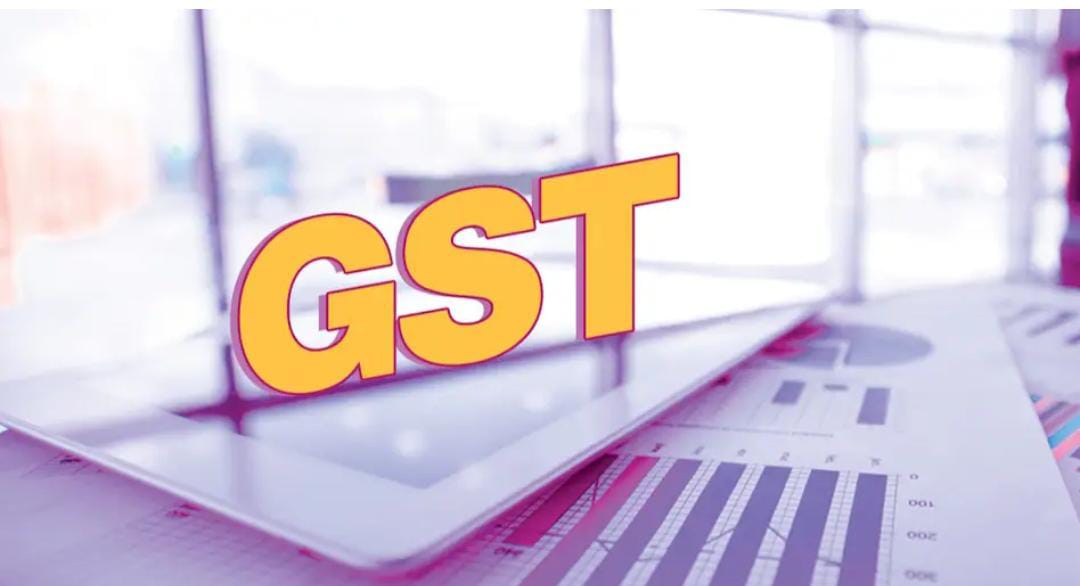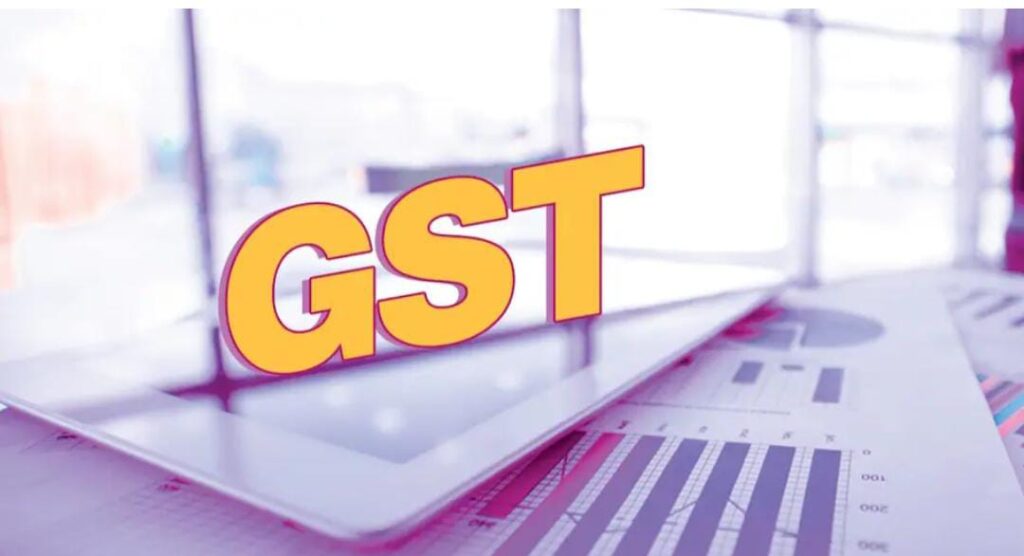
West Bengal AAR rules in favour of lower GST on ‘demo car’ sale loss
By: Admin
May 07, 2024
Categories: GST Recent News
4 Min Read

In what could set a precedent for all automobile manufacturers and dealerships in the country, the Authority for Advance Ruling (AAR) West Bengal has ruled in favour of a lower rate of GST on the loss incurred while selling a demo car for a lesser price.
The ruling stated that the amount received by car manufacturers from dealerships as a loss on the sale of a demo car should attract 18% GST.
Simply put, the demo cars sold at a discount or lower value are liable for GST at the selling value at 28% plus the cess. However, since the dealer had purchased the demo car from the manufacturer at full price and the discount the dealer offered while selling the demo car is a loss incurred by the dealership, the amount is reimbursed by the manufacturer to the dealer.
This reimbursement value is treated as an obligation to tolerate an act of loss, and thus treated as a service — and is liable to 18% GST and not 28%+ cess.
The AAR of West Bengal said the authorised dealer (applicant) of Mercedes Benz India (MBI) can claim input tax credit (ITC) on the inward supply of demo cars, categorised under CH 8702 or 8703, as the case may be.
This decision holds that when these cars are subsequently supplied after a specified period, their outward supply would attract the same rate of tax as their inward supply, subject to section 14 (i.e., 28%).
“Regarding the reimbursement received by the applicant from MBI for the “loss on sale of demo car,” the AAR determined that the same “shall be regarded as consideration received against the supply of services of agreeing to tolerate an act’ (SAC: 9997974) and would be taxable @ 18%,” the AAR stated.
The ruling by WB AAR was made in a matter where petitioner Landmark Cars East Pvt Ltd, a dealership of Mercedes Benz India, sought clarity on receiving reimbursement from Mercedes Benz India for the loss faced in the sale of demo cars.
Experts said this is a common industry-wide practice followed by all dealerships and automobile manufacturers. Mostly, automobile dealerships were paying 28% GST on this loss value, which is reimbursed by the manufacturers.
However, this ruling will be cited by many, and the dealerships will now start paying a lower GST until there is any further change in law or clarification issued by the government or the GST Council.
“The recent ruling by the West Bengal AAR allowing the authorised dealer of Mercedes Benz India to claim Input Tax Credit on the inward supply of demonstration cars marks a significant milestone for automobile dealers across the country. It effectively addresses a longstanding concern surrounding the operational costs associated with showroom management, particularly those related to demonstration vehicles.”
However, the AAR’s decision to categorise the reimbursement received by the dealer from Mercedes Benz India for the “loss on sale of demo car” as taxable under GST at 18% may raise eyebrows within the sector. This determination rests on the premise of slotting it as consideration for the supply of services involving the agreement to tolerate an act.
We posit that this interpretation could face challenges in subsequent forums, given that the ‘Loss on sale of demo car’ might not inherently fit the definition of a ‘supply’ under GST regulations. Moreover, there’s apprehension that taxing every transaction under the pretext of ‘tolerating an act’ sets a concerning precedent.
This ruling could potentially trigger a reassessment of tax strategies among other automobile companies operating showrooms,” an expert said.
Another expert said, “A recent West Bengal Authority for Advance Ruling (AAR) decision in favor of Mercedes-Benz India dealers allows them to claim Input Tax Credit (ITC) on demo cars. This is a major change for the auto industry.”
“The ruling clarifies that restrictions on ITC under the CGST Act don’t apply because demo cars are intended for future sale as per agreements. Even though they deteriorate, the cars sold are ultimately the ones purchased,” he informed.
“This decision should clear up confusion around demo car ITC for all car companies and dealers. However, there have been conflicting rulings from other AARs, creating uncertainty.”
“The argument is that ITC should be allowed on demo cars since their eventual sale is pre-determined, taking them out of the restricted category. Auto dealers facing ITC disallowance notices need government clarification on this issue,” he added.
“A recent West Bengal Authority for Advance Ruling (AAR) decision in favor of Mercedes-Benz India dealers allows them to claim Input Tax Credit (ITC) on demo cars. This is a major change for the auto industry. The ruling clarifies that restrictions on ITC under the CGST Act don’t apply because demo cars are intended for future sale as per agreements. Even though they deteriorate, the cars sold are ultimately the ones purchased,” another tax expert said.
“This decision should clear up confusion around demo car ITC for all car companies and dealers. However, there have been conflicting rulings from other AARs, creating uncertainty. The argument is that ITC should be allowed on demo cars since their eventual sale is pre-determined, taking them out of the restricted category. Auto dealers facing ITC disallowance notices need government clarification on this issue,” he informed.
Source from: https://www.cnbctv18.com/auto/auto-dealers-get-a-boost-west-bengal-aar-allows-18-pc-gst-on-demo-car-sale-loss-reimbursement-19407328.htm